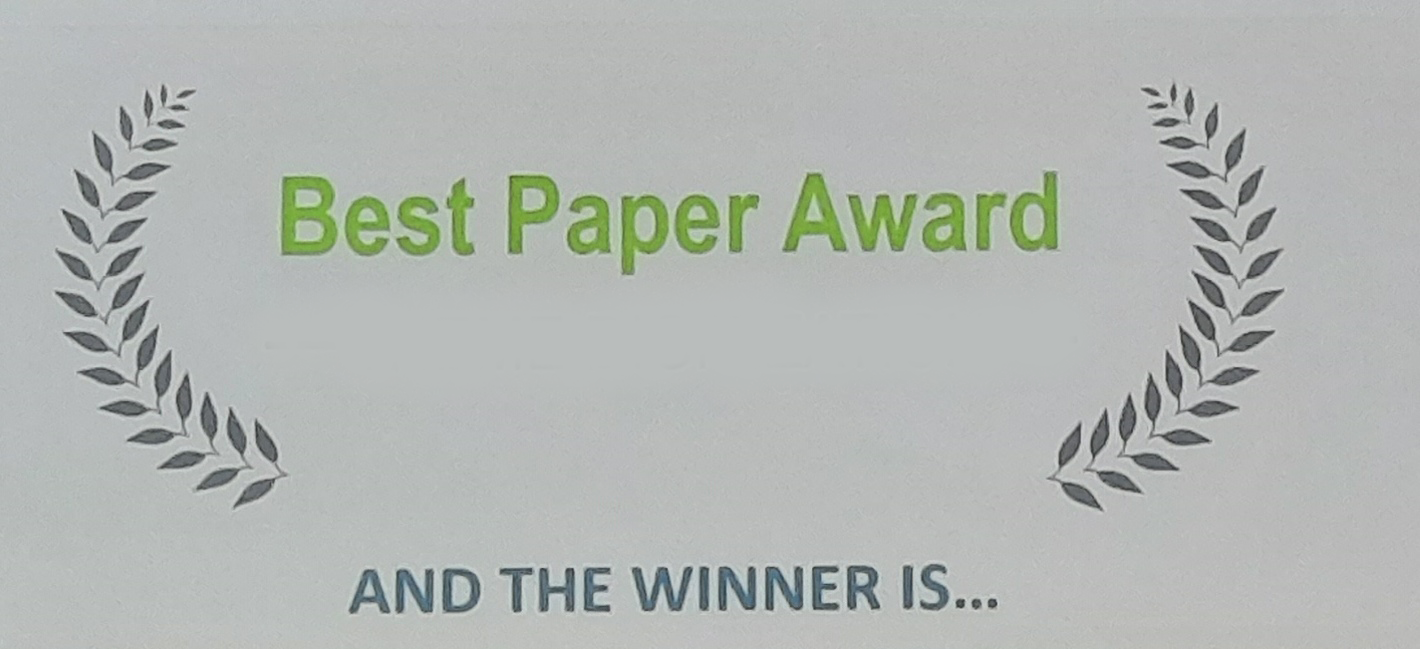Experimental study on a liquid desiccant dehumidifier with a solution atomization
DOI:
https://doi.org/10.34641/clima.2022.40Keywords:
Liquid desiccant, dehumidifier, centrifugal atomization, dehumidification effectiveness, liquid-to-gas ratioAbstract
The purpose of this study is to improve a dehumidification performance of the liquid desiccant system. The centrifugal atomization technology for spraying the solution was applied to enhance the dehumidification performance by increasing the heat and mass transfer area between the air and solution at low solution flow rate. The experimental study was performed to investigate the effect of the solution atomization for dehumidification performance of the proposed system. The measurement parameters for the test were the inlet air temperature and relative humidity, outlet air temperature and relative humidity, air volume flow rate, inlet solution temperature and density, outlet solution temperature and density, and solution mass flow rate. The dehumidification effectiveness was selected to assess the mass transfer performance of the dehumidifier with the solution atomization using the centrifugal atomizer. To compare the dehumidification performance of the proposed system and conventional packed-bed liquid desiccant system, the simulation was also conducted to estimate the dehumidification effectiveness of the reference system. The thermal load was also estimated of each system to evaluate the energy saving potential of the proposed liquid desiccant system under the conditions that show the same dehumidification performance. The experimental and simulation results indicated that the proposed system required approximately 0.012 liquid-to-gas (L/G) ratio while the reference system needed 0.5 L/G ratio for the same dehumidification effectiveness of 0.58. The most important finding of this result was that the proposed dehumidifier with the solution atomization has improved dehumidification performance at 97.6% lower L/G ratio than the conventional packed-bed type dehumidifier and the proposed system could save 72% cooling load than the reference system.
Downloads
Published
How to Cite
Conference Proceedings Volume
Section
License
Copyright (c) 2022 Soo-Jin Lee, Hye-Jin Cho, Jae-Hee Lee, Yong-Kwon Kang, Gyu-Bae Lee, Jae-Weon Jeong

This work is licensed under a Creative Commons Attribution 4.0 International License.



